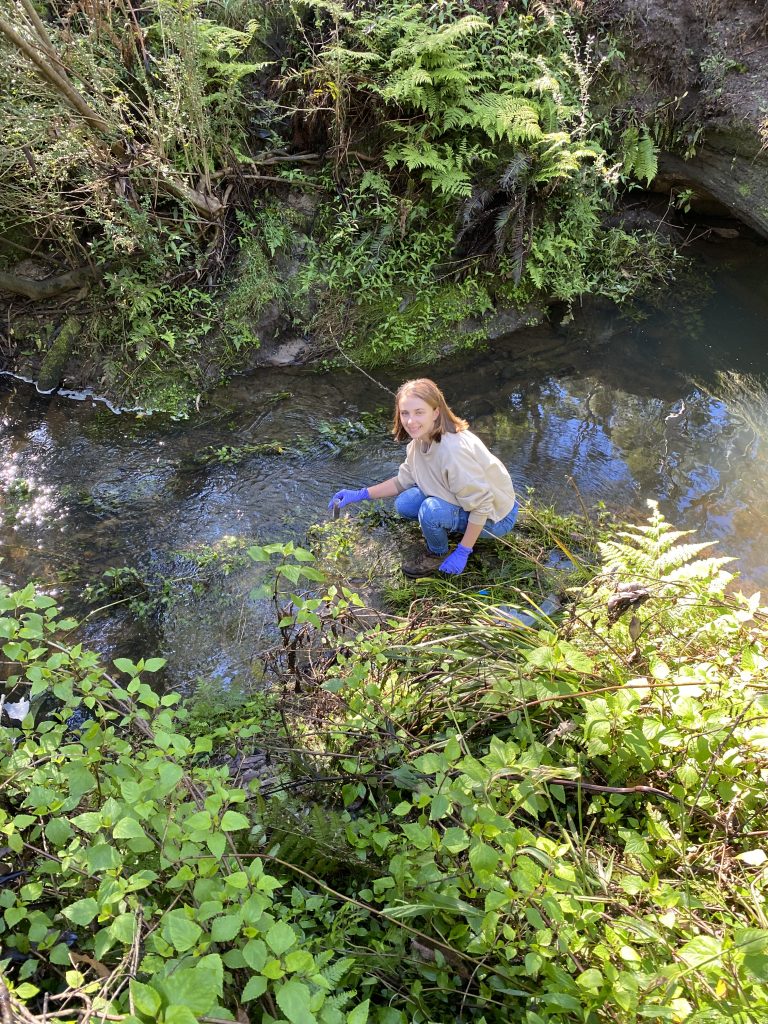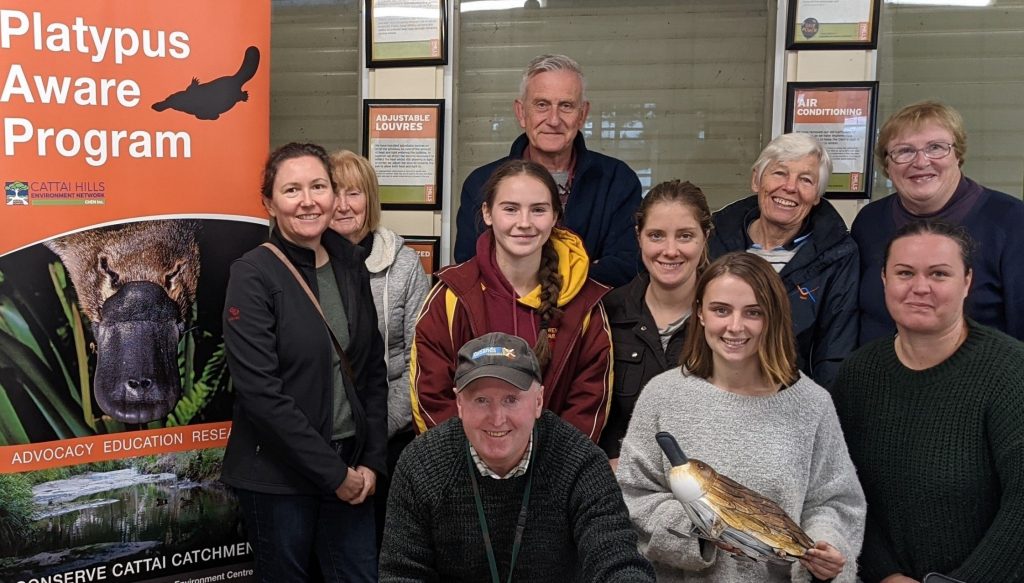Last year Cattai Hills Environment Network (CHEN) volunteers sampled for platypus DNA using a new innovation technology called environmental DNA (eDNA) across the Cattai and Little Cattai Creek catchments. We got back 9 positive results out of the 18 sites that were tested! A very exciting result.
This year, in June 2021, CHEN got the opportunity to work with Sydney Water and Western Sydney University (WSU), to sample double the amount of sites across the catchments, 36 sites…
With the help of a group of community volunteers, and Dr. Michelle Ryan from WSU, we sampled our waterways for platypus DNA.


These results will give us a great idea of how platypus are using the waterways across these catchments. This is very exciting stuff and when we do get back these results CHEN has a Platypus Landcare group that is waiting to help restore and look after these platypus key sites.
If you live in the Hills Shire and would like to get involved with CHEN or Platypus Landcare, please email danielle@chen.org.au for more information.
We were also featured on ABC, so check out our video HERE

